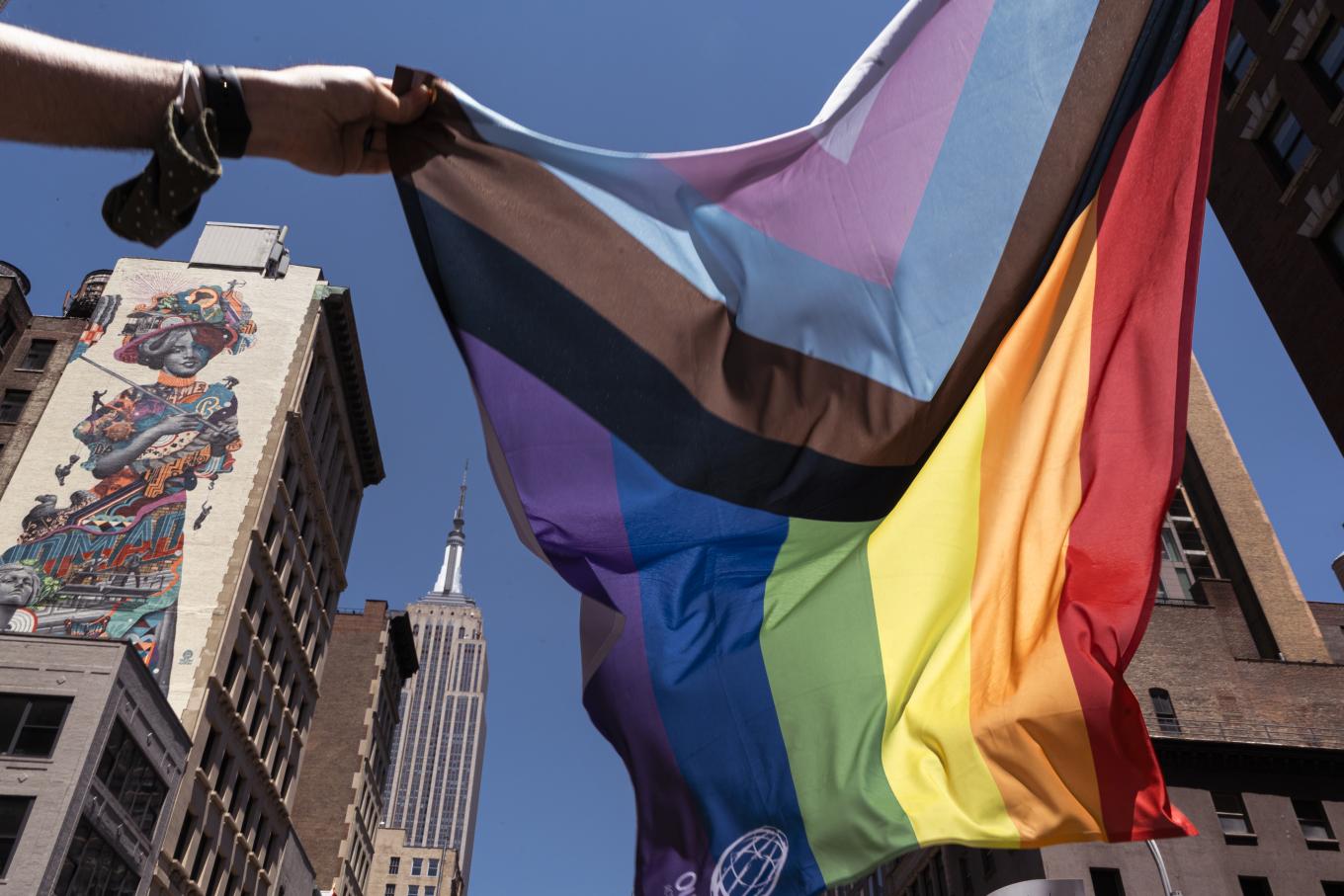
Country Overview
Republic of Congo
At a glance
View more for this country:
In the Republic of Congo, while same-sex sexual acts are not criminalized by the Penal Code (1836), the age of consent is higher for same-sex acts. Article 331 punishes anyone who “commits a shameless act or an act against nature with an individual of the same sex younger than age 21” with up to three years in prison, while the age of consent is set at 18 for different-sex sexual acts.
There is no law prohibiting discrimination based on sexual orientation, gender identity, gender expression, or sex characteristics in the country. Sexual orientation and sexual life are considered sensitive personal data under existing cybercrime prevention laws, such as Law No. 29-2019 on the Protection of Personal Data and Decree No. 2025-66 relating to the Personal Data of Air Passengers, while Law No. 27-2020 on the Fight Against Cybercrime punishes the non-consensual disclosure of a person's sexual orientation through electronic platforms.
According to the U.S. State Department, civil society groups have reported that LGBTIQ people experienced harassment and that police occasionally relied on the law against "acts against nature" to extort men perceived to be gay. According to a September 2020 report by national advocacy group Cœur Arc-en-ciel, 54 percent of LGBTQ survey participants in Brazzaville experienced discrimination or violence on the basis of sexual orientation or gender identity in 2020. Family members (nearly 28 percent) were the most frequently named perpetrators.
Public opinion toward LGBTIQ people is generally negative. In a 2022 survey, only 20 percent of locals surveyed in the Republic of Congo believed that their area of residence was a good place to live for gay or lesbian people. Based on data between 2021 and 2023, another survey shows that 73 percent of persons surveyed in the country would dislike having a “homosexual” as a neighbor.
There is no procedure for trans people to change their names and gender markers in the country, while intersex infants and children are not protected from non-consensual medical interventions seeking to “normalize” their bodies.
At least one LGBTIQ group exists in the Republic of Congo, but Outright research indicates that there are significant barriers for LGBTIQ groups to openly register in the country.
*Outright research indicates that the bodily autonomy of intersex people is not respected and protected in this country.
Global Impact
Sub-Saharan Africa
Outright supports LGBTIQ organizations in Sub-Saharan Africa and works with mainstream human rights organizations to respect human rights and influence positive changes in laws, policies, attitudes and beliefs that cause discrimination against LGBTIQ people.
United Nations
Our work at the United Nations centers around advocating for the advancement of the rights of LGBTIQ people.
View this regionAsia
Our work in Asia promotes acceptance of sexual and gender diversity at all levels of society.
View this regionSouthwest Asia and North Africa
In the Southwest Asia and North Africa, we partner with local groups in various countries as part of our international solidarity work. We also work with our local partners on different topics through capacity building, advocacy, research and holistic security.
Europe and Central Asia
Outright International partners with activists to fight for an end to human rights violations based on sexual orientation, gender identity and gender expression in Europe and Central Asia, where most of our work involves emergency responses to harassment, discrimination, violence, and most recently, Russia’s brutal and expanded invasion of Ukraine.
Americas
Our work in the Americas continues to build on the fundamental and positive transformation of human rights protections in recent years. We partner with groups in the Caribbean that focus on ending gender-based violence and eradicating discrimination against trans people.
Pacific
Our work in the Pacific aims to increase the visibility of activists, respond to human rights emergencies, and actively bridge local, regional, and international activism to achieve equality and justice.
Global
View this region
Human Rights Research
Since 1990, we have partnered with activists from all over the world to produce hundreds of groundbreaking reports.
Read Our Reports